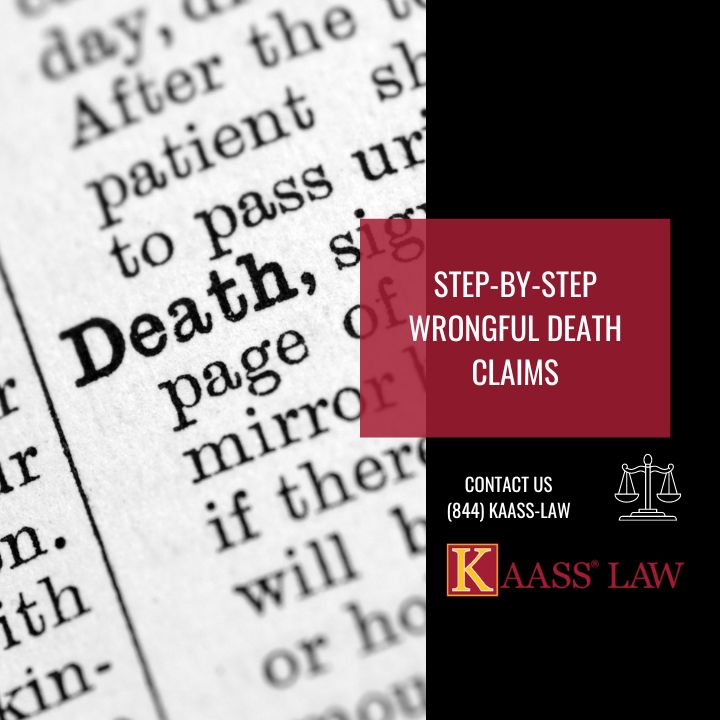People make wrongful death claims when another person or entity’s wrongdoing, carelessness, or default causes someone’s death. Surviving family members are filing a claim for wrongful death on behalf of the estate of a deceased person in an effort to recover damages. Understanding the procedures involved in filing a claim for wrongful death is crucial since these cases can be difficult and emotionally fraught.
Step 1: Find an Attorney to File a Claim
Hiring a skilled lawyer is the first step in pursuing a wrongful death lawsuit. Claims for wrongful death entail intricate legal concerns and necessitate a solid legal foundation. Therefore, you can develop a solid case, navigate the legal system, and acquire evidence with the aid of an expert lawyer.
Choose a lawyer who has handled wrongful death claims while making your selection. Examine their past performance, check client testimonials, and book an appointment to go over your case. A competent lawyer will be able to evaluate your case and provide you with a realistic assessment of your prospects of winning.
Step 2: Evaluate the Situation
This step involves observing the situation in which wrongful death occurred. For example, collecting witness information and interviewing them, and reviewing medical records. To build a good and strong case, you need to gather as much evidence as you can with the help of your attorney.
You can collaborate with doctors, accident experts, or engineers to get help with your case. They can help to identify the reason for the death ad possible liable parties.
Step 3: Identifying Liable Party
The end of the investigation will lead to determining the responsible party. Liable parties could be individuals, companies, or government entities.
For example, in a car accident, we can determine the other driver as the liable party. Also, it can be a manufacturer if the cause of death was a defective product.
Step 4: File A Lawsuit
The next stage is to file the wrongful death case after determining who is at fault. This entails creating and submitting a complaint to the relevant court. The complaint should include a thorough account of the circumstances leading up to the death, the losses endured by the remaining family members, and the legal foundation for the claim.
Step 5: Discovery Phase
In order to prepare for trial, each side acquires information and evidence during the discovery process, which is the pre-trial stage. Sworn statements under oath such as depositions, written interrogatories, and demands for documents can be necessary.
The attorneys may also engage in settlement negotiations during this stage, during which the parties exchange information and supporting documentation. A trial will be held if a settlement cannot be reached.
Step 6: Trial
The lawyer will offer evidence and defenses to the judge or jury if the matter proceeds to trial. The plaintiff (the surviving family members) has the burden of proving both that the defendant’s activities caused the death and that the requested damages are reasonable.
The parties may call witnesses to testify and give evidence throughout the trial. The judge or jury will reach a decision based on the facts given and the relevant legal standards.
Step 7: Negotiation or Appeal
The parties conclude the lawsuit if they achieve a settlement before or during the trial. In the absence of a settlement, a verdict will be reached by the judge or jury, and a judgment will be rendered.
Contact Attorney Today
In conclusion, it is crucial to get an attorney to help you with filing a claim for wrongful death and getting correct evidence throughout the process. In KAASS LAW we will help you to get the justice you deserve. Call us for a free consultation at 310.943.1171 or visit our website for other practices.

